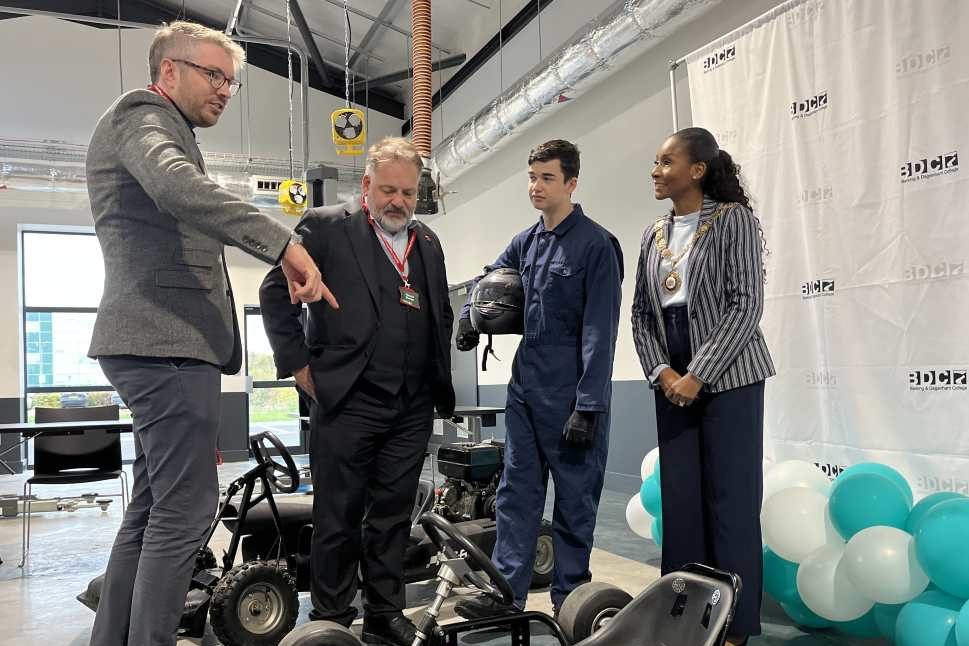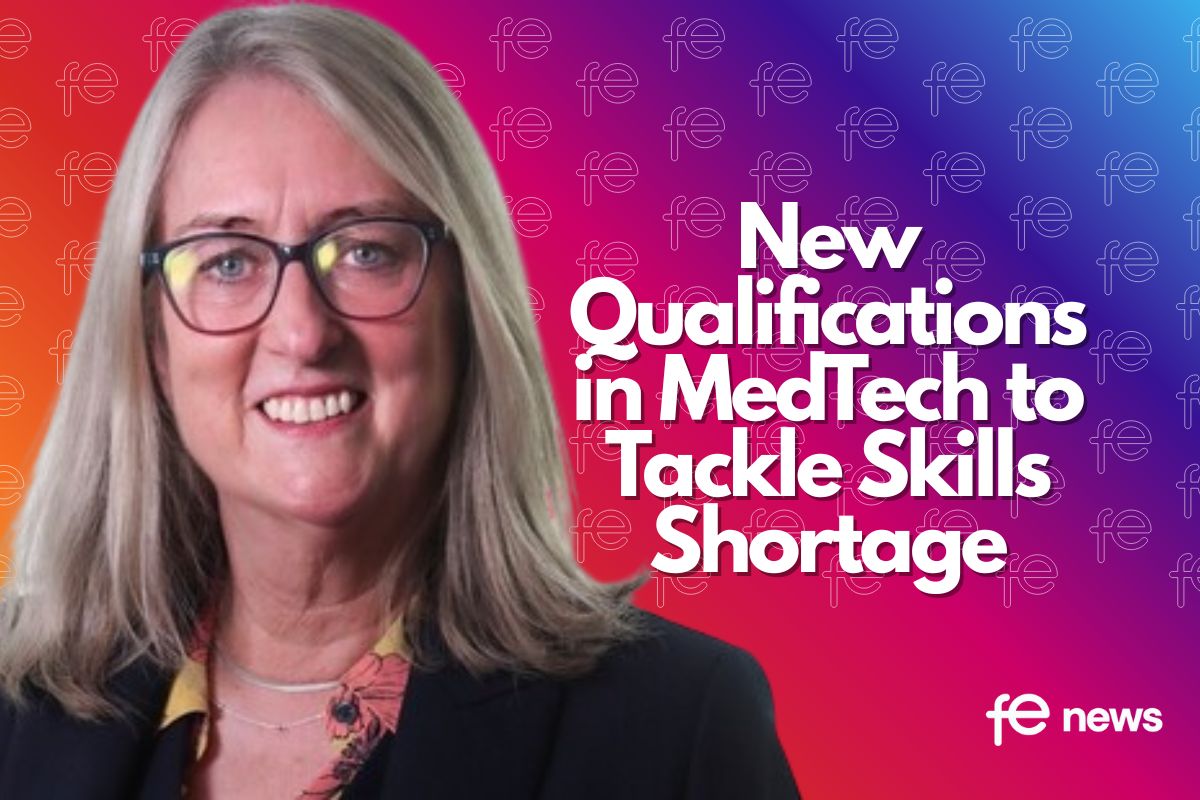AELP publishes its Review of Apprenticeship Standards and End Point Assessment to evidence concerns

Following AELP CEO Mark Dawe’s appearance before the Education Committee in the House of Commons on Tuesday, the Association of Employment and Learning Providers has decided to publish the evidence it gathered before publicly expressing serious concerns on the roll-out of the new standards and end point assessment (EPA) arrangements as a critical component of the apprenticeship reforms.
The evidence shows that while there are some excellent standards and EPAs now in place, others need work. AELP has previously said that if GCSE and A Level students began studying before knowing how they were going to be assessed, the situation simply wouldn’t be tolerated and the position should be no different for apprentices.
The sector-by-sector evidence, using RAG ratings, was gathered via the AELP sector groups before Christmas. These groups include providers delivering in the sectors (training providers, colleges, universities) as well as the End Point Assessment Organisations (EPAOs).
The evidence was then submitted privately in January to the Institute for Apprenticeships and the Department for Education as part of a constructive engagement on the reforms to help facilitate improvements. AELP recognises that a few months have passed since the evidence was gathered and therefore some of the information will now be out of date, but we have seen little progress made, particularly in terms of EPA readiness.
Publication of the evidence serves two purposes. Firstly it gives a feel for the views of those tasked with delivering programmes and assessing apprentices. Secondly it demonstrates why urgent action is needed to avoid an EPA ‘car crash’ as more apprentices start programmes under the new standards.
Examples of where more work was needed include:
- Fire Emergency and Security Systems Technician, level 3 – The standard itself doesn’t mandate any qualifications but the assessment plan makes clear that certain qualifications are crucial to allow work in a regulated environment.
- Aerospace Software Development Engineer, degree level – The assessment plan is very detailed and is difficult to follow in some places, in particular around EPA responsibilities and roles.
- Financial Services Administrator, level 3 – Where qualifications are listed on the standard, they should be required for all and not some apprentices. The assessment plan requires updating to be valid.
- Adult Care Worker, level 2 – On-programme training requirements look costly for the funding available, so quality may be compromised. Some standardisation also required for EPA.
 AELP CEO Mark Dawe said:
AELP CEO Mark Dawe said:
‘There are clearly some excellent standards and end point assessment, but it’s not consistent. Our evidence shows that there is a lack of a standardised approach across so many apprenticeship standards and that apprentices are being assessed in different ways on the same standards. This is potentially very damaging to the reputation of the programme and in some cases to the career prospects of young apprentices.
‘This deeply worrying situation means that the external quality assurance of the assessment process is even more important and why this role should only be fulfilled by one experienced organisation with the required expertise and that organisation is Ofqual.’











Responses